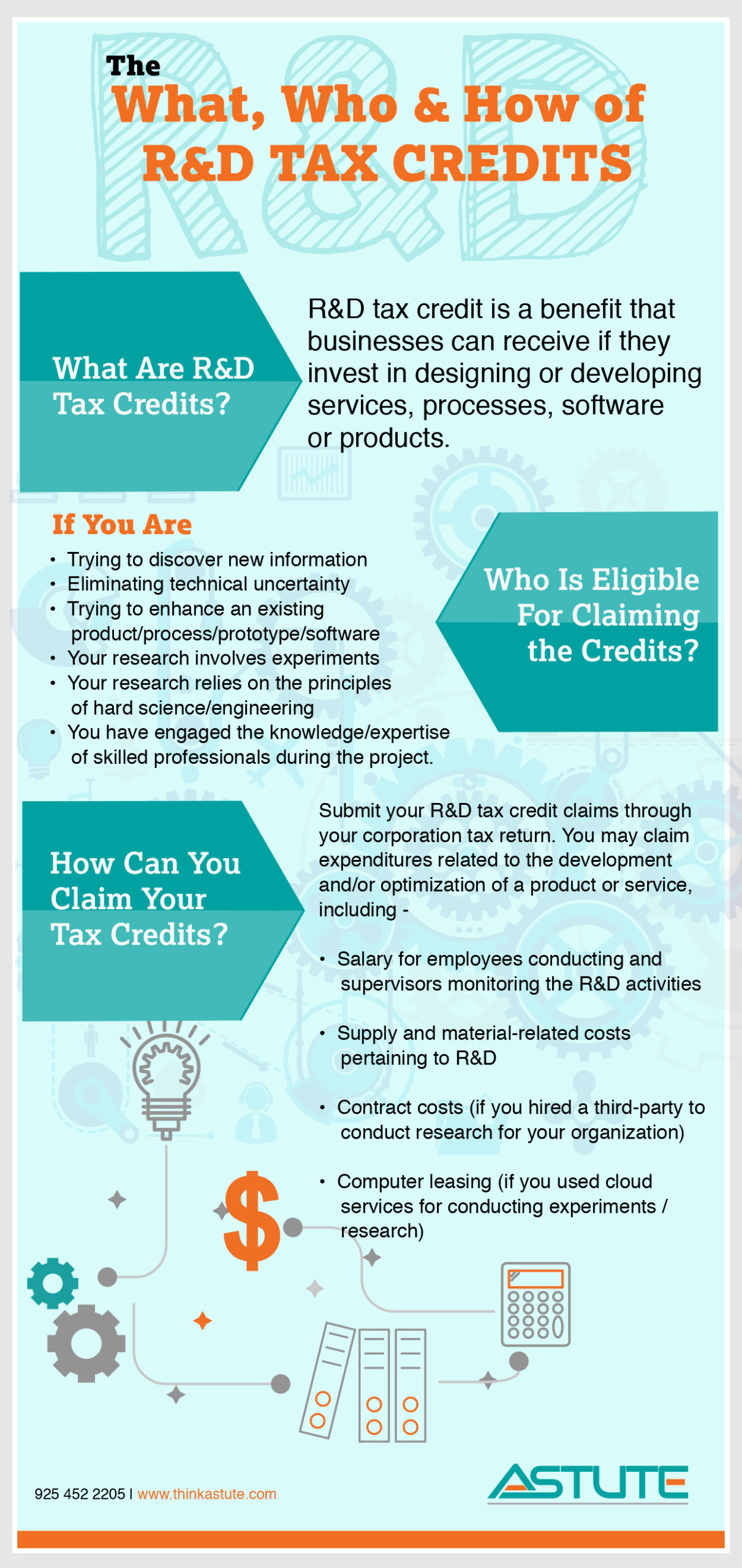Do you know nearly 89% of audited licensees underpay and underreport royalties?
And, are you aware that recovering royalties fall within 5-20x the cost of conducting a royalty audit? If your business owns an intellectual property, then performing a royalty audit is a critical step to ensure fair accountability and exercising your contractual right to perform audit. Let’s take a closer look at WHAT, WHY & HOW of a royalty audit.
What does a royalty audit cover?
The main purpose of a royalty audit is to evaluate the following –
- Are your licensees complying with the contractual terms?
- Are you being paid properly by your licensees? If not, you may be the victim of underreporting and underpaying.
- Do your licensees have the correct systems in place to calculate and report payments?
- Are your licensees protecting your IP?
- Are there untapped opportunities to boost royalties and increase your IP’s value?
In essence, a royalty audit discovers if any contract violations are occurring, and, if yes, what are the monetary damages. A royalty audit also motivates licensees to pay correctly moving forward.
What are the common reasons for incorrect reporting of royalties?
It isn’t always ill-intent that results in underreporting/underpaying of royalties. Often, unintentional mistakes can happen, including –
- Misunderstanding or misinterpreting of the license agreement
- Royalty-bearing new products are not included in the reporting
- Royalty accountants are unaware that SKUs / product numbers have changed
- An honest mistake of not including royalty-bearing products that are part of an overall bundle
- Lack of organized systems in place to document and calculate royalties
- Manual errors in the calculation for royalty and possibly exchange rates
- To avoid major mishaps, it is recommended reports be submitted quarterly as a bare minimum. On average, licensors can request to review at least three years of reporting and terminate licenses in extreme cases.
We’ve put together a handy checklist for you. Ask yourself the following questions on the checklist below to uncover red flags in your licensing agreement.
- Does your licensee remit your royalty payments in a timely manner, in accordance with the license agreement’s terms & conditions?
- Does your licensee include detailed supporting documentation with their royalty payments?
- How does your licensee calculate royalties?
- Does your licensee distribute any licensed products made with your IP?
- Is the royalty period consistent year-after-year, or has it increased/decreased from the previous year?
- What is the frequency at which your licensee submits royalty reports and payments?
- Is your licensed IP used commercially?
- Does your license agreement offer the right to audit with restrictions, or does it offer full information access? Is the licensee supposed to pay for audits that are in excess of 5% underpayments?
- Does your license agreement include your right to access invoice registers, original invoices, sales analysis reports, accounting general ledgers, price lists, product catalogs, marketing materials, sub-license and distributor agreements, sales tax returns, audited financial statements/IT returns, shipping documents and inventory/production records?
- What is your overall relationship like with your licensee?
- Are you and your licensee on the same page of definitions in your agreement, including “returns” and “allowances?” Or, is there room for differences in interpretation of contract terms and definitions?
You should evaluate the royalty reports you are receiving from your licensees to cross-check it for accuracy in the following areas –
- Countries of sales origin
- Product number
- Units sold
- Unit price
- Royalty rate
- Extended sales dollars
- Extended royalty dollars due
- Currency conversion rate (if applicable)
- Interest computation (simple or compound, if applicable)
- Internal product usage + promotional / sample units
Your company has invested time and resources in creating your IP(s) and it is your right to both protect the usage of it and ensure full collection of payments that are yours. Don’t be a victim of reporting errors – intentional or unintentional – and conduct a royalty audit to pin-point what’s falling through the cracks so you can strengthen the value of your IP and improve your profit.
We have saved approximately $10M in audit defense and identified million in lost royalty revenue – we take great care to ensure our clients’ relationships with their licensees is handled with care and sensitivity. If you would like additional information on royalty audits, please contact Astute right now.
Please connect with me if you have questions.




